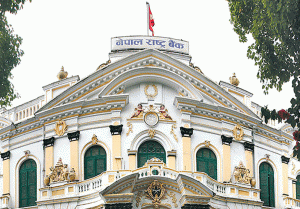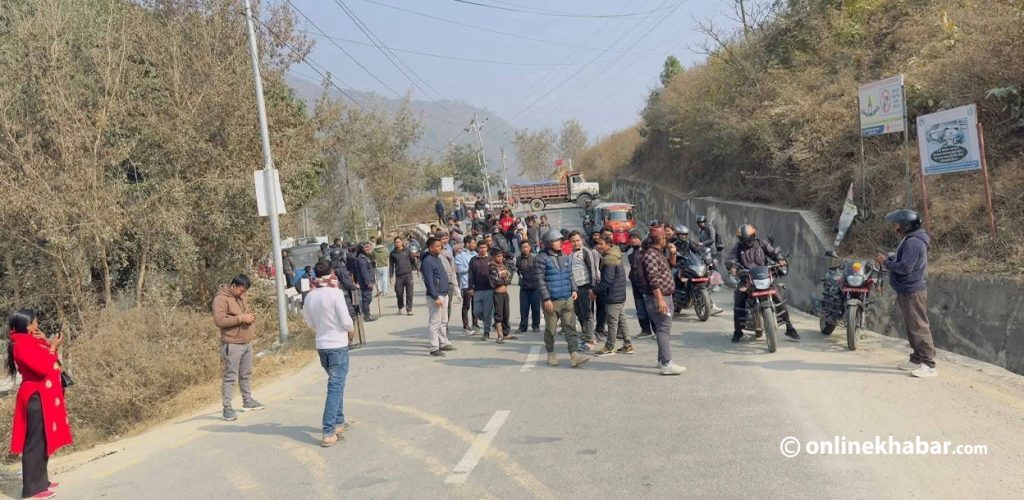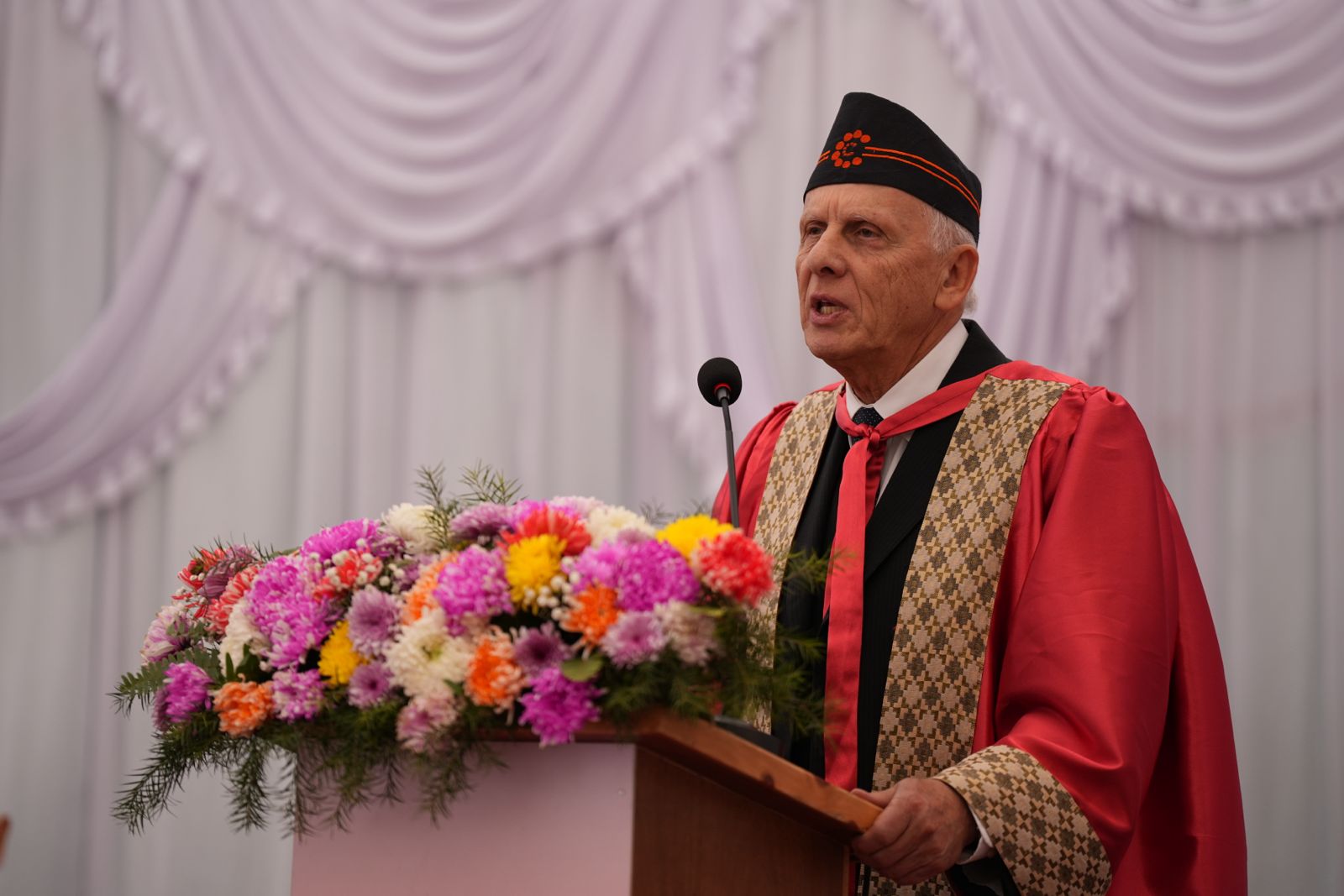
Op-ed pages in Tuesday’s edition of major broadsheet dailies published in Kathmandu have taken up issues ranging from the role of INGOs in Nepal to US policy on Russia and China. The responsibility of local governments to educate its citizenry has also received attention.
US policy on China and Russia

In his lead article for Annapurna Post, prominent scholar Keshav Prasad Bhattarai, who is affiliated with Nepal Institute for Strategic Studies, says cooperation between China, US and Russia is needed to maintain the world order. He says that if the US fails to take China and Russia on board, the two countries will try to form their own new world order. Citing a prominent democrat scholar, he says that the US should not view India as its closest ally in Asia and China the fiercest competitor.
The role of INGOs in Nepal

Puranjan Acharya in his lead article in Nagarik says the ‘NGO’ culture in Nepal is being spread by a community of people who are educated abroad and can use NGO jargon to beg for money. He says that it is now time for people involved in INGOs to think beyond Kathmandu and to allow the people who are in need to help to lead the INGOs. He calls on the donor community to give preference to local governments when working on local projects.
The role of local government in school education

MP Rabindra Adhikari in his piece of Nagarik says the current education system in the country is incapable of building a base for Nepal’s development. He says local governments should be allowed to develop and implement curriculum for schools under their ambit. He says that a centralised teacher management system is not beneficial and local governments need to be empowered to take all decisions related to education.
Why did Congress fail in elections?

Nepali Congress central committee leader Shekhar Koirala, in his op-ed for Kantipur, lists the main reasons why the Nepali Congress could not emerge as the largest party at the local level. He says weakness in the party’s organisation, biased ticket distribution system, factionalism, inability to embrace the federal setup, lack of vision in the leadership and failure to capitalise on the opposition’s weaknesses are the main reasons why the Nepali Congress performed below par in the elections.






















